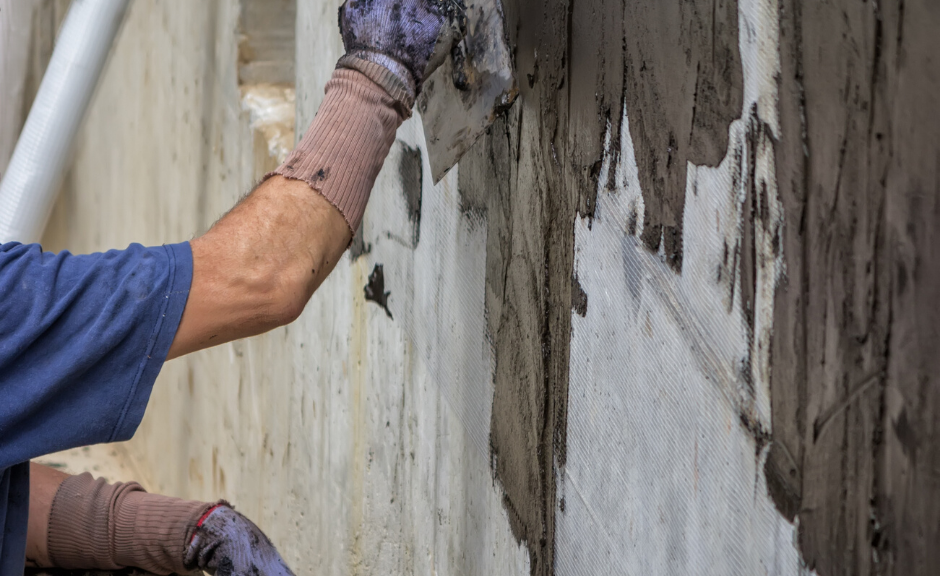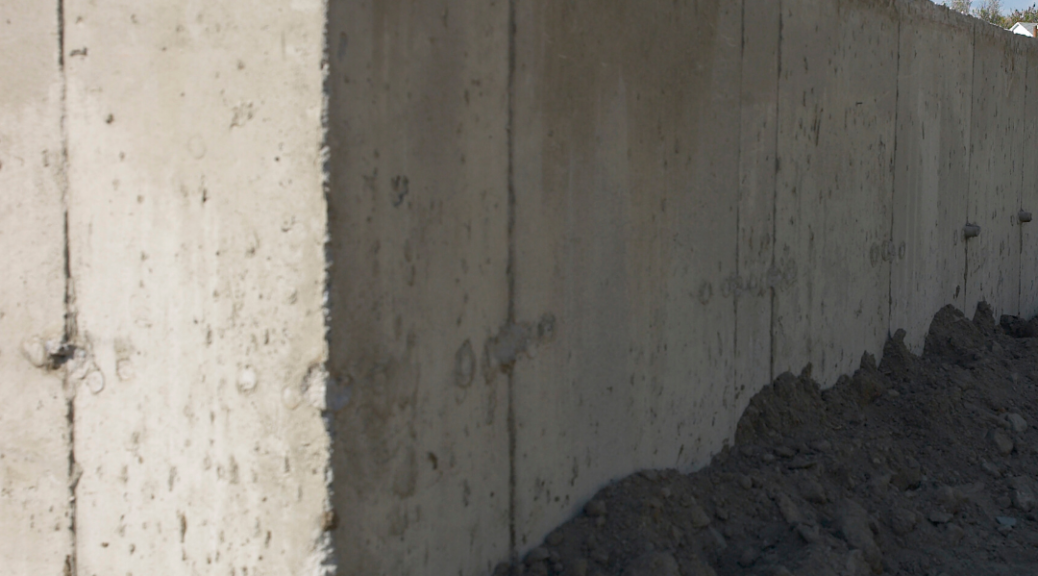As life gets back to normal for most of us in the DMV/Washington D.C. Beltway area, we have had time to notice and investigate any home maintenance issues and repair or seek out a contractor to do the repairs.
My basement waterproofing company has received a number of calls, even during the COVID-19/Coronavirus. * They have seen the red flags of basement water damage and foundation issues as we have discussed in previous blogs.
If you have seen foundation or basement issues, you need to contact a basement waterproofing contractor. Here are several criteria to consider:
- Was a thorough inspection of my home ever conducted?: Look at your home purchase documents and see if an inspection was made of the property. If there was an inspection, reread it to see if the inspector made any citations concerning the foundation. If so, show this to the basement waterproofing contractor that you eventually 779 buy enanthat 250 in online shop hire.
- Find reputable basement waterproofing contractors in your area: A local contractor is the most beneficial one to hire. They have a reputation and will have referrals from local citizens. Ask your friends to see if they have used this contractor.
- Professional courtesy: Any reputable contractor will be professional, efficient, and courteous. If you detect any difficulties or unprofessionalism, you may want to consider other contractors.
- Ask for licenses and certifications: All reputable basement waterproofing repair firms will have the licenses and certifications that are required by the location(s) in which they work. Ask them to make copies of the licenses/certifications/bonding/insurance if necessary. All should be up-to-date. If they are reticent to show you their licenses and certifications, this is not a contractor you should hire.
- Detailed estimate: The contractor should submit a detailed estimate following the home foundation inspection. The inspection should include issues and solutions. It should be given to you the date of the inspection or within five (5) business days afterward.
- Required deposit: Good contractors should require a percentage of the cost upfront. Some ask for one-third (1/3) or one-half (1/2) of the fee upfront. Never pay them the entire amount upfront, even if they have a good reputation. You should inspect their work when completed and make sure they did everything in the contract. Once that has been confirmed, then make the final payment.
- Contract: The detailed basement waterproofing repair contract should include starting and ending dates, permits that need to be secured, costs and payment arrangements, and a “Notice of Right to Cancel” which allows the homeowner or contractor to cancel the project within three (3) business days.
- Reviews on social media and websites: Following the project, review the contractor on social media such as Google my Business, Facebook, Yelp, NextDoor and other venues. Let the public know how the contractor did and include photos.
Your basement waterproofing contractor’s work is crucial to the health of your home and family. Do the necessary preparation before you hire a firm to do the work. Too much is riding on it to do any less.
M Taylor Enterprise basement waterproofing contractors can do a consultation in Prince George and Silver Spring, MD area. If you are worried about your home foundation or need structural repair in Maryland call (301) 649-3406 or matt@mtaylorenterprise.com and protect your home so it can protect you.
*For more information on Maryland reopening phases and other COVID news click here.








